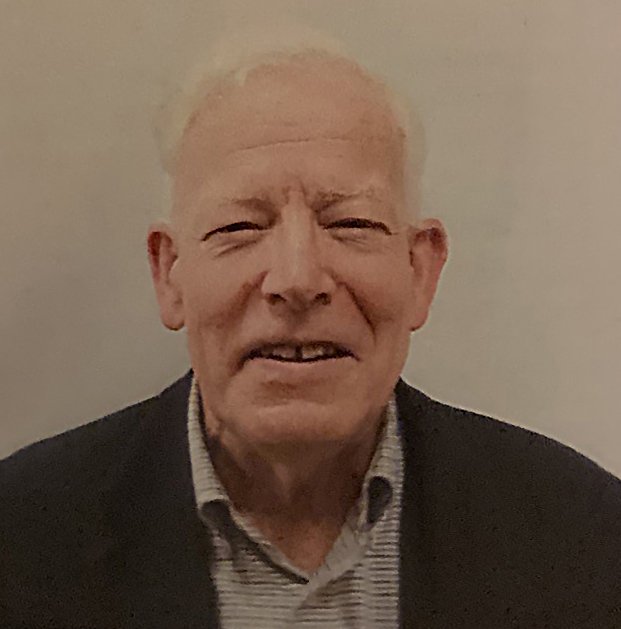


result
Staying Involved with the Allergy/Immunology Specialty After Retirement
Staying Involved with the Allergy/Immunology Specialty After Retirement

Christopher C. Randolph, MD, FAAAAI
Christopher C. Randolph, MD, FAAAAI, retired from his practice at the Center for Allergy/Asthma and Immunology in Waterbury, CT, in 2023. Although he has retired, he continues to be involved in the allergy/immunology (A/I) specialty, both in practice and in teaching.
“While a lot of physicians ‘retire’, it doesn’t mean we need to stop sharing our expertise,” said Dr. Randolph. “I’m now working as an independent contractor for Naugatuck Valley Ear Nose & Throat Associates LLC three days a week. I’ve also been a clinical professor at Yale for over 40 years, where I still deliver lectures one to three times a year.”
There are many ways to stay involved in the A/I field in the later stages of your career, Dr. Randolph explained. “That might include working in clinic, teaching or offering your assistance to organizations like the American Academy of Allergy, Asthma & Immunology (AAAAI). What you do after retirement really depends on your personal inclinations.”
As you consider retirement, you may look into staying with your current practice and going part time. “Even if you decide to fully retire from working part time and realize you miss the work, you can do what I did and become an independent contractor,” Dr. Randolph said.
Dr. Randolph also delivers occasional lectures, which is another avenue one might take when looking to stay involved in A/I after retirement. “This could be paid work or volunteer work, but either way you are sharing your experiences and advice with incoming medical students who will one day lead the A/I specialty,” he said.

You may also consider volunteering with a local clinic, especially clinics in underserved areas of your community where the need is high for professionals with your expertise.
What you do after retirement really comes down to what suits your needs and how involved in the specialty you would like to be. For Dr. Randolph, his independent contracting work and occasional lectures at Yale are perfect for him. “I provide A/I services three days a week, which gives me time to spend with my grandchildren and also enough time to do my own research in the office, which I submit to meetings and conferences.”
For individuals thinking about retiring in the next five to 10 years, he has some important advice. “I retired earlier than I wanted to because of finances, which is why if you have your own practice, taking steps now to ensure its financial health is paramount,” he said. “That way, you are less likely to feel like you need to retire before you are ready.”
If you are considering retirement soon and have a practice, start early. “You don’t want to hire a replacement and leave,” Dr. Randolph said. “You want to make sure that replacement is working out for at least several years before you retire. If you work in a corporate setting this is handled for you, but if you’re working in your own practice or a smaller group practice, you really want to make sure to have those couple of years built into your retirement plans.”
Dr. Randolph doesn’t have plans of fully exiting the A/I field anytime soon. “My involvement after retirement is working well for me,” he said. “Retirement doesn’t have to be an end to your career; it can simply be a change in your career.”




